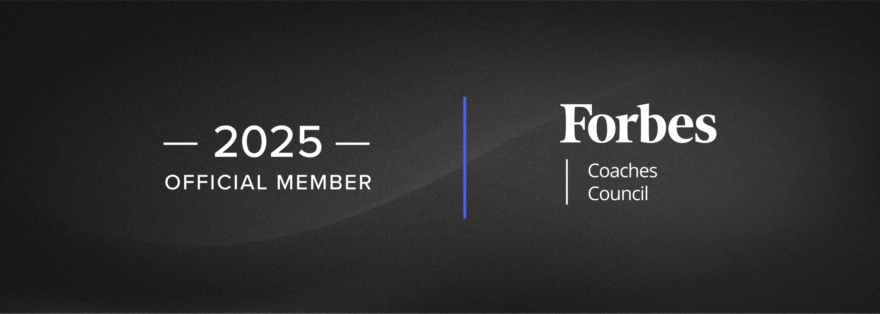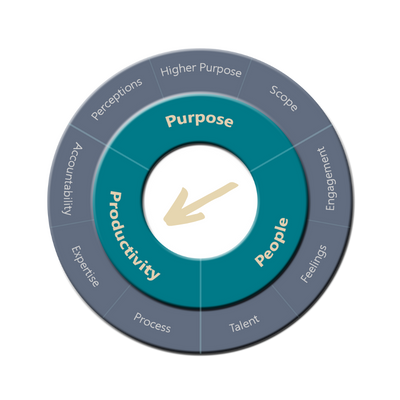When it comes to boosting productivity, many people focus on external tools, systems, or processes, hoping these will unlock greater efficiency. However, the real key to sustainable productivity lies within—the “pilot in the box.” This metaphor highlights that it’s not the technology or resources at your disposal but the individual driving them that determines success.
This article explores the critical role of personal mindset, habits, and decision-making in achieving peak performance. It delves into how a growth-oriented mindset, intentional behaviours, and the ability to adapt to challenges are far more powerful than any external solution. By taking ownership of one’s mental focus, creating disciplined routines, and fostering self-awareness, individuals can transform how they work, making every tool and resource exponentially more effective. The message is clear: productivity isn’t about what you have; it’s about how you use it—and the pilot’s role is irreplaceable.

In an age where new productivity tools and apps emerge daily, it’s easy to fall into the trap of thinking that the next shiny toy or methodology will magically make us more productive; I know I have. I love a new gadget—who doesn’t?
Over many years, I have wasted so much money searching for that something special to make me more productive. I would use them until the next shiny, “fantastic new tool that solves all your productivity issues” arrived.
While systems, software and processes play a role in organising and streamlining tasks, when you boil it down, “it all comes down to the pilot in the box.” Now I realise that is a Top Gun: Maverick quote, but it sounds so cool I just had to weave it in somewhere. I mean that it’s down to me, you, us, the masters of our destiny, to change our mindset, habits and behaviour.

1. Mindset: The Power Of Perception
Our beliefs and attitudes can either propel us forward or hold us back. As popularized by Carol Dweck, a growth mindset means believing in the potential for development and seeing challenges as opportunities. When faced with a task, someone with a growth mindset doesn’t get bogged down by the fear of failure; they see it as a learning experience.
Conversely, constantly seeking the “perfect” system might be symptomatic of a fixed mindset—the belief that productivity is an inherent trait rather than something we can develop.
Thus, cultivating a mindset that embraces challenges, remains curious and is resilient in the face of setbacks can be more crucial than the intricacies of any productivity system.
2. Habit: The Rhythm Of Consistency
Every time we turn to a new system or software, there’s a learning curve. Often, once we’re familiar with a tool, we move on to another, forever chasing the promise of enhanced productivity. This constant shifting is a productivity trap in itself. But what if the secret to productivity isn’t in the tool but in the routine?
Habits, once formed, require less mental energy. They become second nature, allowing us to execute tasks efficiently without the cognitive load of decision-making. For example, regularly reviewing tasks could be more beneficial than any software in which those tasks are stored.
Creating positive habits, such as daily planning or setting specific times for checking emails, can profoundly impact your productivity more than perpetually switching between tools and systems.
3. Behavior: Actions Speak Louder Than Tools
Even with the best software and processes in place, our behaviour ultimately determines productivity. Procrastination, for instance, can’t be solved by any app, no matter how sophisticated. It requires introspection, understanding the root cause and taking corrective actions.
Behaviours like setting boundaries, learning to say “no” and prioritising tasks based on importance rather than urgency can drastically improve productivity. These u, rooted in self-awareness and discipline, can determine how effectively we use any system or tool.

Tools Are Tools: People Drive Productivity
Instead of constantly searching for the next big thing in productivity tools like me, it might be time for us all to look inward and realise that we—the “pilot in the box” of our mind, not the tools—are the primary drivers of our productivity.
The intricate dance between habits, mindsets and behaviours is far more profound than any external tool or system we might employ in our quest for productivity. These elements, deeply rooted in our neural pathways, cognitive structures and past experiences, are critical in determining our daily actions and overall effectiveness.
Mindset: Mindset shapes our perceptions and responses to challenges. A growth mindset encourages resilience and biologically primes the brain for adaptability and problem-solving. By embracing this mindset, you can take a proactive approach to tasks, fostering continuous learning and improvement.
Habits: Habits tap into the brain’s propensity to conserve energy. As they become ingrained, they free up our cognitive resources, allowing us to focus on novel tasks and challenges. By consciously establishing routines that align with our goals, we can harness this neurological efficiency for productivity.
Behaviour: By understanding the psychological impetus behind behaviours like procrastination or distraction, we can develop strategies to mitigate them. This introspection enables a more holistic approach to productivity, where we’re not just ticking boxes but addressing core issues that might hold us back.
In the hustle of the modern world, it can be tempting to reach for tangible, external solutions to enhance productivity. Yet the most potent tools lie within our minds. By delving into our habits, mindsets, and behaviours and tailoring these elements to serve our goals, we can unlock a sustainable, effective, and profoundly fulfilling productivity level.
This article first appeared on Forbes.com on 14th November 2023
Ricky has been a regular contributor to the Forbes Councils since 2023, where he shares his perspectives on all things leadership, change, culture and productivity, all with Thinking Focus’ unique perspective on metacognition, or as we prefer to say, thinking about thinking.






















